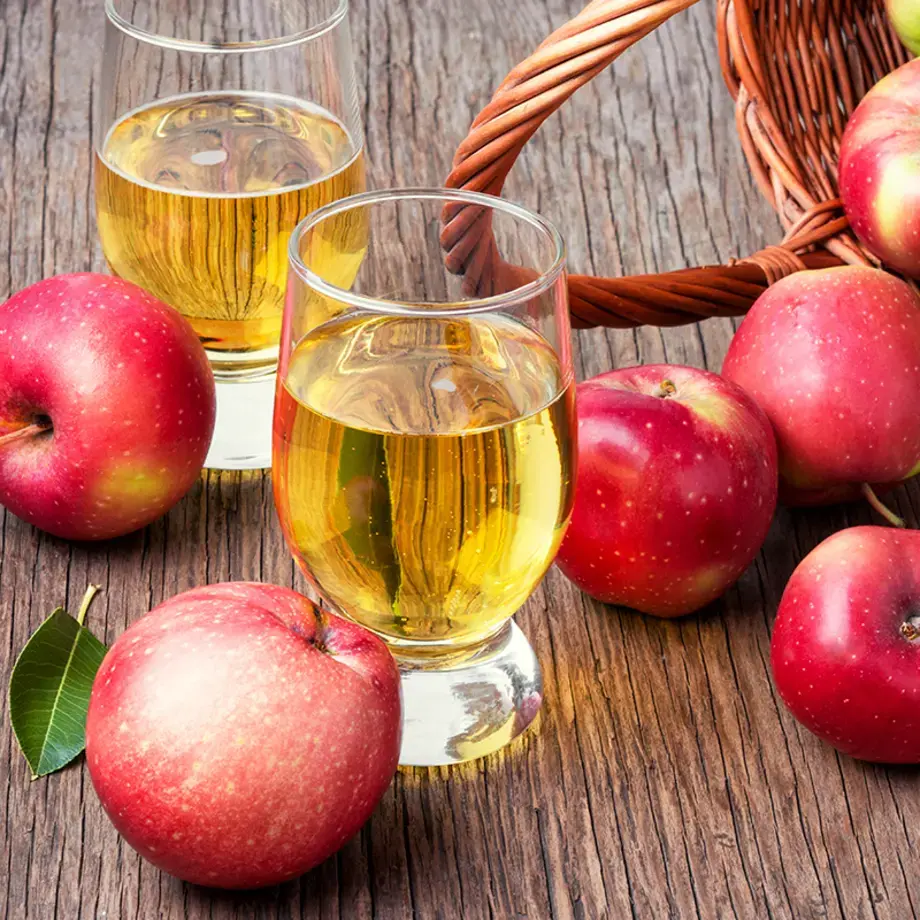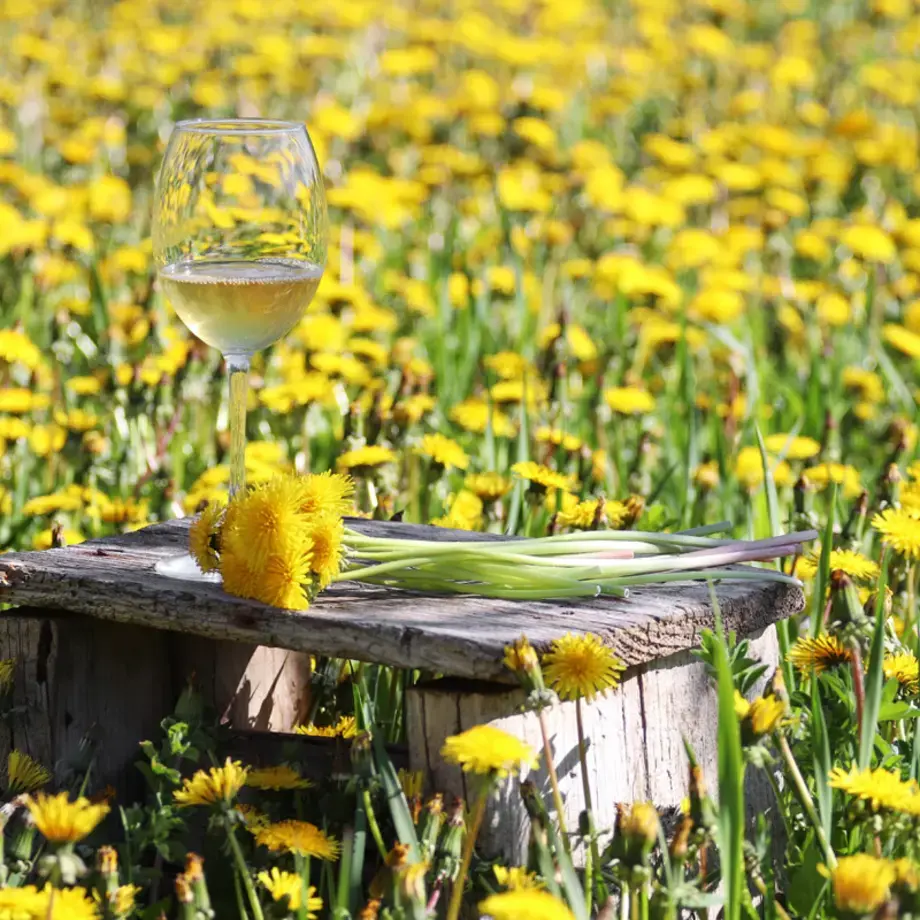The best red wines for making sangria are fruity, medium-bodied wines. Avoid wines with high tannins, as these add an astringent flavour that detracts from the vibrant juiciness of the fruit. Above all, pick a wine you wouldn’t mind drinking by itself. There’s only so much you can hide with fruit and spices, and a wine that can stand alone really makes all the difference. And if you have any left, why not try one of these other wine-based recipes?
Best Red Wines for Sangria
1. Garnacha
Grown throughout Spain, and also in Southern France, where it is called ‘Grenache’, Garnacha is everyone’s favourite sangria red. Rich with black cherry, spicy plum and summer berries, and warmed by notes of cinnamon and star anise, our top pick makes an irresistibly vibrant Sangria, bursting with ripe, bold fruit flavours. It has low acidity and tannin levels, too, which means no bitter aftertaste. Our favourites are Bodegas Borsao from Tres Picos, or Familia Bastida Cimal Garnacha. Often one of the last grapes to be harvested, it has an alcohol content of up to 14% abv.
2. Tempranillo
Tempranillo is Spain’s most popular red wine grape, and is often surprisingly inexpensive. It is a fruity, well-balanced wine, with notes of black cherries, blackberries, and cola. It also has a distinctive, deep red colour, lush texture and medium tannins. Choose a younger Tempranillo, labelled ‘Crianza’ or ‘Joven’ for a fruitier, less oaked flavour. We like Palacios Remondo from La Vendimia or Yé-Yé Tempranillo. A thick-skinned grape, it ripens early to survive short growing seasons. It has an alcohol content of between 13.5% and 15% abv.
3. Primitivo or Zinfandel
Primitivo and Zinfandel are both clones of the Croatian Crljenak grape. Primitivo is grown in Italy, and Zinfandel mainly in California. Both have a rich, jammy fruit flavour, with cherries, strawberries, raspberries, and raisins, accented with spice and floral notes. They are both high in alcohol and low in tannins, but Zinfandel tends to be the more alcoholic of the two, which in turn reduces the acidity and tannins, making it a sweeter, fruitier wine than its Italian cousin. Our favourites of each type are Rancho Zabaco Zinfandel and Gran Maestoso Primitivo. In Southern Italy, Primitivo can have two separate harvests: the first in August to mid-September and the second from late September to early October. When fortified it can reach up to 18% abv, but table wines average out at 14% abv.
4. Bonarda (also known as ‘Douce Noir’)
Argentina’s best-kept secret, Bonarda is another great value option for your homemade Sangria. It is full of rich, fruity notes like red cherry, plum, raspberry and blueberry, with accents of chocolate, mint, peonies and violets. It has a smooth, medium-tannin finish, and a juicy acidity. We like Catena from Alamos, or Zuccardi Serie A Bonarda. Usually one of the last grapes to be harvested, it has an alcohol content of around 13.5% abv.
5. Nero d'Avola
A dark, elegant wine from Sicily, Nero d’Avola has a complex flavour, with a rich bouquet of cherry and plum, notes of liquorice, tobacco and chilli pepper, and a dark raspberry and chocolate finish. It has a high alcohol content, medium acidity and medium tannins. We recommend Cantine Barbera or Tenuta Fenice. As the Sicilian climate offers consistent growing seasons from year to year, Nero d’Avola tends to ripen steadily in the last few weeks. It has a typical alcohol content of between 13.5% and 14.5% abv.
Some Other Great Red Wines for Sangria
Merlot
Merlot is one of the world’s most popular red wines, its elegant, fruity taste and soft body making it particularly easy to drink. It has a plummy flavour, with notes of chocolate, and supple medium tannin levels.
Malbec
Argentina’s most popular wine is versatile and easy to drink, with an intense, inky-red colour, and a velvety texture. It is a medium to full bodied wine, with a bouquet of rich, dark fruit flavours and a smooth chocolatey finish. Malbec can be somewhat high in tannins, so pick an older wine, where the tannins have softened.
Cabernet Sauvignon
The most widely-planted red grape in the world, Cabernet Sauvignon is a full-bodied wine with a deep red colour. It has notes of blackcurrant, blackberry, black cherry, cedarwood and dark spices. Again, Cabernet Sauvignon is relatively high in tannins, and can be a little acidic, so an older wine would work better with Sangria.
Pinot Noir
Light, fruity Pinot Noir is a classic, easy-drinking red wine with low tannins and a slightly sweet taste. It has notes of cherry, raspberry, strawberry, and blackberry with a finish of cloves and hibiscus.
If you’re keen to introduce more wine into your cooking, versatile fortified Marsala wine from Sicily makes a great place to start as it lends itself to both sweet and savoury dishes. Port also makes a fantastic foil to hearty beef dishes such as this beef fillet with Port, shallots and celeriac cream recipe.








